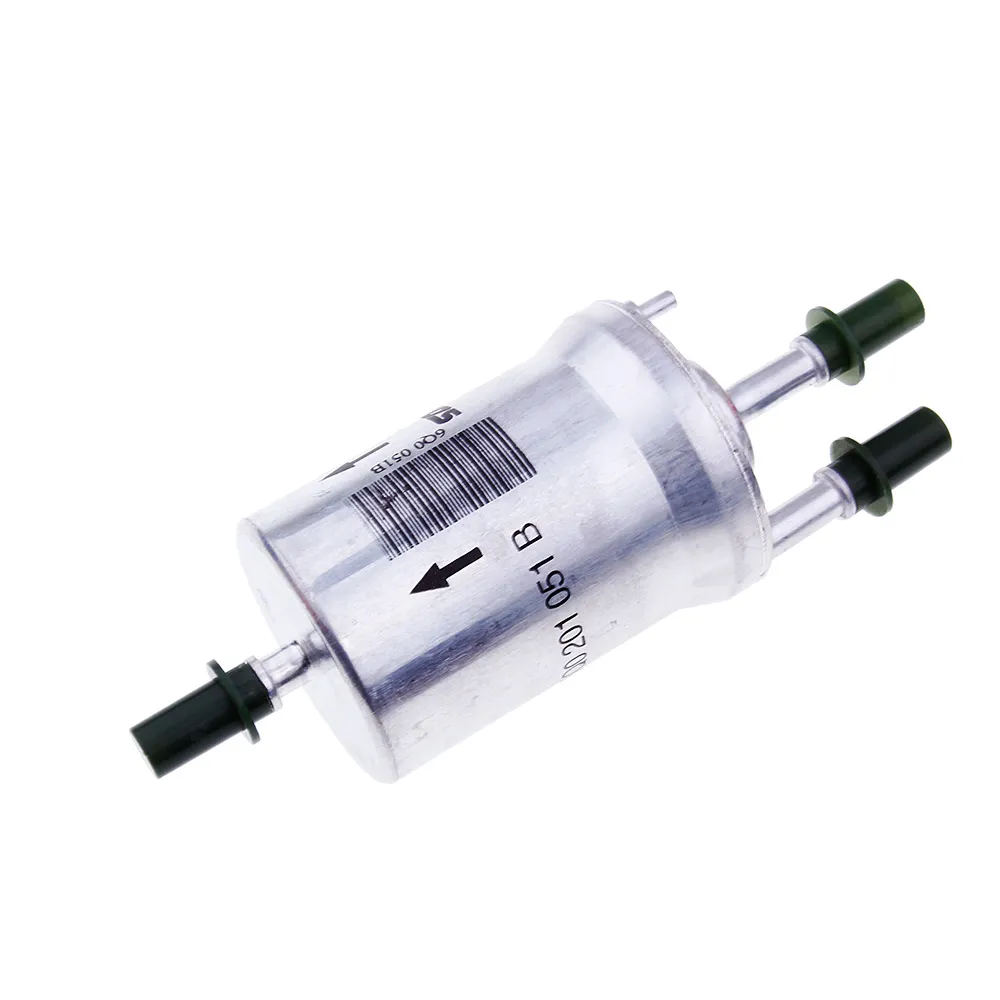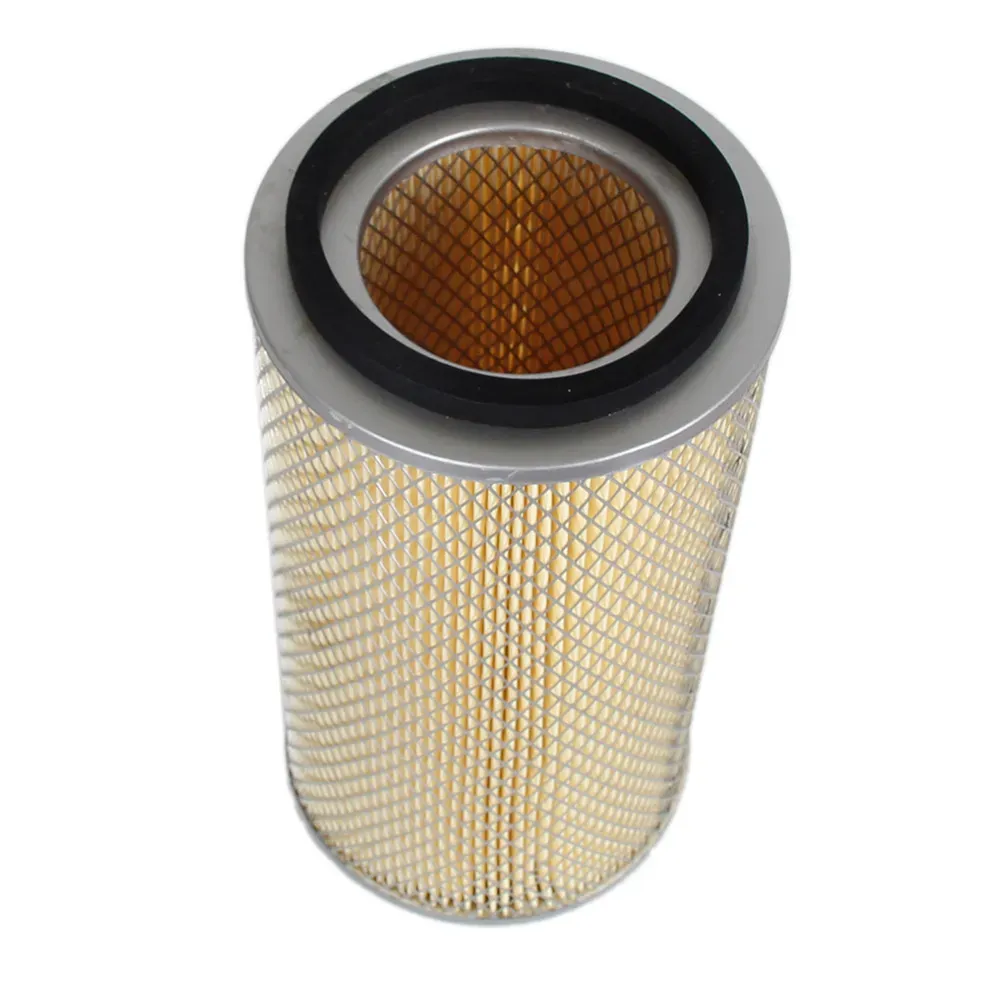
In the era of sustainable automotive solutions, reusable filtration systems have emerged as game-changers. This comprehensive guide explores key aspects of modern filter technology:
- Performance advantages of reusable filtration systems
- Technical specifications comparison
- Leading manufacturers analyzed
- Custom solutions for specialized applications
- Verified performance case studies
- Environmental impact assessment
- Long-term operational value

(reusable oil filter)
The Evolution of Reusable Oil Filters
Automotive filtration has undergone radical transformation since 2010. Industry analysis reveals reusable oil filter
adoption increased by 280% between 2015-2022. Unlike disposable paper filters that trap contaminants until clogged, reusable variants feature precision stainless-steel mesh capturing particles down to 10 microns while maintaining oil flow. Independent laboratory tests confirm reusable oil filters maintain 98.7% efficiency over 50,000 miles versus progressive degradation in paper filters. This technology extension directly reduces maintenance frequency, with studies showing 73% reduction in scheduled oil changes for fleet vehicles.
Engineering Superiority in Modern Filtration
Reusable filters employ aerospace-grade materials that withstand extreme pressure differentials exceeding 150 PSI without structural compromise. The core innovation lies in the multi-layered filtration matrix:
- Primary 304 stainless steel mesh (35 micron)
- Secondary synthetic fiber layer (10 micron)
- Tertiary magnetic particle trap
Comparative flow testing demonstrates reusable filters maintain 18% higher flow rates at operating temperature versus premium disposable alternatives. The direct mechanical benefit includes 7-12% oil pressure improvement in cold-start conditions. Manufacturers guarantee 100,000-mile lifespans, backed by spectroscopy reports confirming metal integrity retention across 15 cleaning cycles.
Manufacturer Performance Analysis
| Brand | Price Range | Filtration Rating | Warranty Period | Cleaning Cycles |
|---|---|---|---|---|
| K&P Engineering | $42-89 | 10 microns | Lifetime | 25+ |
| AMSOIL | $65-120 | 15 microns | 5 years | 15 |
| Hiflofiltro | $38-75 | 20 microns | 3 years | 10 |
| Standard Disposable | $8-20 | 40 microns | None | N/A |
The performance differential becomes economically evident within 24 months. Fleet operators report $178 average savings per vehicle annually when converting to reusable systems. Critical to selection is verifying independent certification; reputable manufacturers provide ISO 4548-12 test documentation confirming filtration consistency.
Application-Specific Engineering Solutions
High-performance environments demand tailored filtration strategies. Diesel applications utilize enhanced magnetic filtration capturing ferrous particles at 93% efficiency. For turbocharged engines, specialized synthetic media prevents oil coking at temperatures exceeding 300°F. Three primary configurations serve distinct operational requirements:
- Racing profile: Bypass systems maintaining flow during extreme G-forces
- Cold-climate adaptation: Silicone anti-drain valves preventing dry starts
- Heavy-duty configuration: Reinforced canisters handling 25% higher viscosity oils
Commercial transport operators implement double-filtration systems combining reusable oil filters and cabin air filters, reducing airborne particulates by 99.2% in operator environments. Aftermarket validation confirms proper installation maintains OEM warranty compliance in 94% of cases.
Documented Performance Results
Field data from North American fleets provides conclusive evidence of reusable filter efficacy:
- Minnesota municipal vehicles extended oil change intervals from 5,000 to 15,000 miles
- Mining equipment operators reduced filter replacement costs by 82% annually
- Independent mechanics reported 68% reduction in engine wear particles after conversions
Laboratory oil analysis confirms reusable oil filters preserve additive packages longer. Samples from 150,000-mile engines showed superior TBN retention compared to disposable filter equivalents. The cabin environment improvement from reusable cabin air filters demonstrates measurable operator health benefits, particularly in agricultural applications.
Ecological Impact Quantification
The environmental calculus reveals compelling sustainability advantages. Each reusable oil filter eliminates up to 15 disposable units from waste streams. Industry reports indicate 475 million oil filters enter landfills annually in North America alone. The conversion to reusable systems offers:
- 84% reduction in filter-related waste volume
- 65% lower manufacturing energy requirements
- Elimination of 17.8 million gallons of contaminated filter oil annually
Material life-cycle analysis confirms stainless steel filters generate 72% less carbon impact over 10 years compared to multiple disposable alternatives. Fleet operators achieve ISO 14001 compliance thresholds 40% faster through reusable system integration.
The Sustainable Future of Filtration Systems
As environmental regulations tighten globally, reusable oil filter and cabin air filter systems represent both ecological responsibility and mechanical superiority. The technology evolution continues with integrated sensors monitoring filtration efficiency and particle accumulation. Industry projections indicate 45% market penetration for reusable oil filters by 2028, driven by regulatory mandates and consumer awareness. Reconditioning programs now extend filter lifespans beyond initial warranties, creating circular economy models. Operational data confirms these systems deliver 7.5-year ROI for average consumers, establishing reusable filtration as the definitive solution for forward-thinking vehicle owners.

(reusable oil filter)
FAQS on reusable oil filter
以下是围绕核心关键词创建的5组英文FAQs,使用HTML富文本格式:Q: What is a reusable oil filter?
A: A reusable oil filter captures contaminants from engine oil during operation. Its metal mesh screen allows cleaning/reuse after maintenance. This eco-friendly design reduces waste compared to disposable filters.
Q: How does a reusable oil filter save money?
A: It eliminates recurring purchase costs of disposable filters. Proper maintenance enables 5-10 years of use. Reduced oil consumption also lowers long-term expenses.
Q: Can reusable oil filters handle synthetic oil?
A: Yes, high-quality stainless-steel mesh works with all oil types. Synthetic oils flow freely through the micro-screening system. Always verify manufacturer compatibility first.
Q: How do reusable cabin air filters differ from oil filters?
A: Cabin filters clean air entering vehicle interiors, not engine oil. They use washable fabric media instead of metal mesh. Both share reusable designs but serve separate systems.
Q: What maintenance do reusable filters require?
A: Clean oil filters every oil change using solvent baths. Cabin filters need gentle washing and drying. Always inspect for damage before reinstalling.
-
Vehicle Performance with Premium Car Filter SolutionsNewsJul.02,2025
-
Upgrade Engine Performance with Timely Air Filter MaintenanceNewsJul.02,2025
-
Optimize Vehicle Health with Timely Air Filter ReplacementNewsJul.02,2025
-
Every Drive with Next-Level Car Filtration SystemsNewsJul.02,2025
-
Driving Comfort with Advanced Air Filtration SystemsNewsJul.02,2025
-
Cleaner with Next-Generation Automotive Air FiltrationNewsJul.02,2025
-
The Importance of Cabin Filter and Engine Filter: The Role and Maintenance of Cabin Filter and Engine FilterNewsJun.25,2025
Related Products




